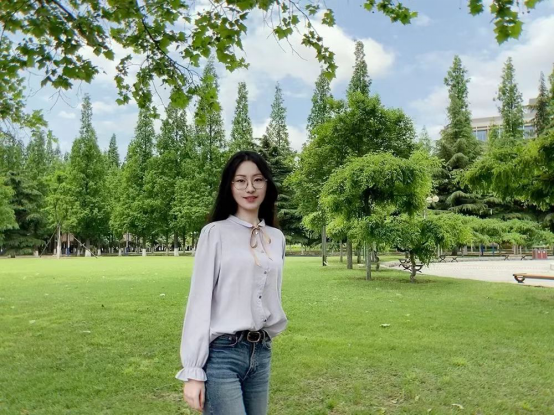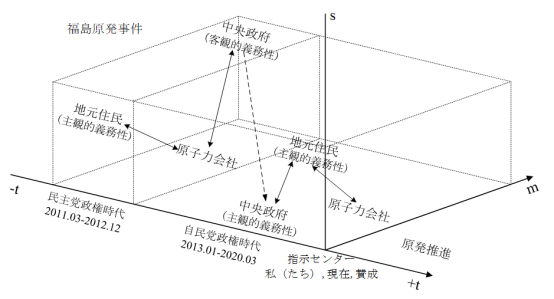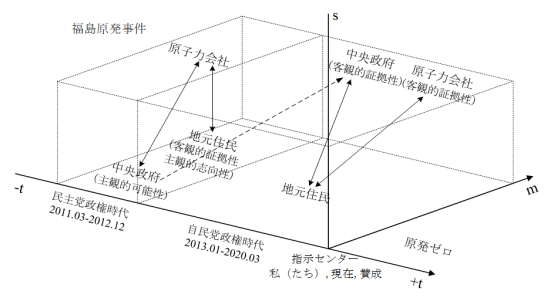Zhang Jiayu, a 2022Graduate of Our School,Won the Liaoning Province Excellent Master's DegreeThesis
April 16, 2023
Zhang Jiayu, a member of the Communist Party of China, studied at the School of Foreign Languages at Dalian University of Technology. She has engaged in critical discourse research under Professor Sun Chengzhi. She participated in Osaka University's 90th Anniversary online course series from May to August 2021, majoring in Anthropology and Social Sciences. At present, Zhang has been admitted as a doctoral candidate to the Institute of Japanese Studies at Nankai University, under the supervision of Professor Yin Xiaoliang, to research Japanese politics and diplomacy.

During her postgraduate study, Zhang Jiayu has actively participated in the research of her supervisor’s National Social Science Fund project and the Humanities and Social Science Fund planning project and has published 5 scientific research papers, including one SSCI article, one Japanese journal article, and two articles in CSSCI extended editions. She has also been involved in 16 academic conferences, during which she read four papers. Through the exchange and collision of ideas, she is constantly broadening her academic vision.
Recently, the Degree Committee of Liaoning Provincial People's Government and the Provincial Department of Education announced the results of the 2022 Excellent Master's Degree Thesis Selection. Zhang Jiayu's thesis “Critical Discourse Analysis of Energy Discourse in Japanese Newspapers” (「日本新聞紙におけるエネルギーディスコースに関する批判的ディスコース分析」) was selected as one of the province’s outstanding master’s degree theses.
In the framework of the social cognitive school of critical discourse analysis, Zhang Jiayu studied the editorial texts of Japan'sYomiuri Shimbun (restarting nuclear power) andAsahi Shimbun (zero nuclear power) on “restarting nuclear power” from the perspective of “discourses, cognition and society”, and revealed the means by which the two newspapers realized the legalization of their propositions.
The research shows that, on the discourse of “zero nuclear power” and “restart nuclear power”,Yomiuri Shimbun andAsahi Shimbun both pay attention to three types of social practice subjects: “central government”, “nuclear power enterprises” and “local people”, and adjust the distance between these three subjects and the reference center mainly by means of reference strategy of spatial dimension and the modal system of value dimension, so as to express their attitude towards the three types of social practice subjects in order to persuade the reader.
The thesis focuses on “cognition”, the medium of “discourse” and “society”, and clarifies the “black box”, that is “cognition”, in the existing research. Moreover, according to the characteristics of Japanese linguistics, Zhang has modified the language identification of the discourse space model derived from English discourse and applied it to Japanese news discourse to test its applicability and broaden the scope of application of the model.

Figure 1. Discourse analysis results of “restarting nuclear power” editorial texts

Figure 2. Discourse space model analysis of the “restarting of nuclear power” inYomiuri Shimbun

Figure 3. Discourse space model analysis of the “restarting of nuclear power” inAsahi Shimbun
